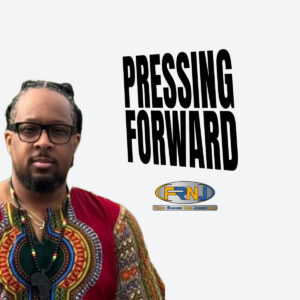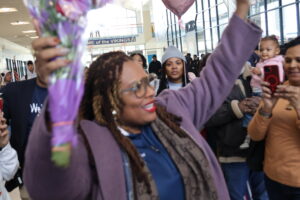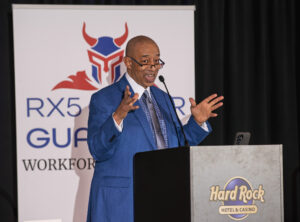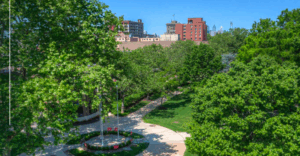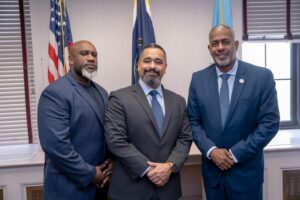Clyde Hughes: African-American, Whites Talk Different Languages When Discussing Urban Violence
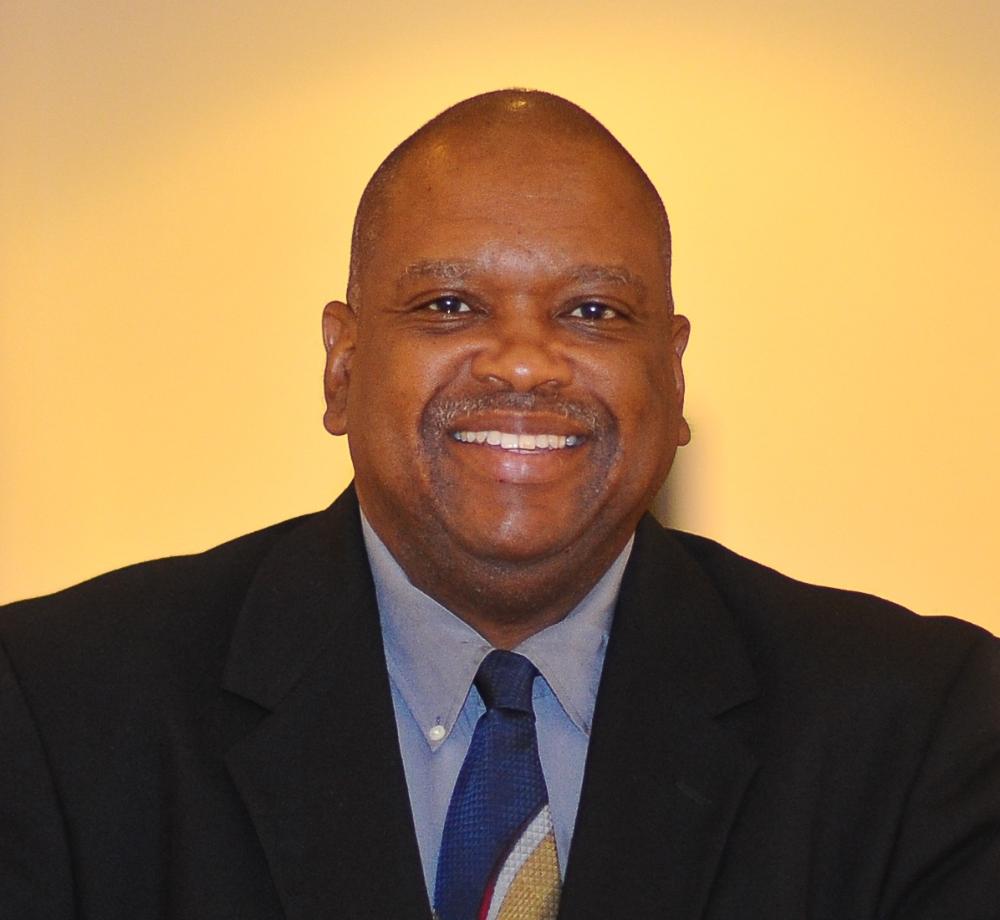
BY CLYDE HUGHES | AC JosepH Media
NOTE: This column was first posted in the Lafayette Journal & Courier on Monday, May 4, 2015
The Wall Street Journal published on Sunday the results of its study with NBC News poll that opinions from blacks and whites differ greatly on the occurrence of urban violence like what was seen in Baltimore after the death of Freddie Gray.
Is anyone really surprised by that?
Even though many of us continue to turn a blind eye to it, the things that Andrew Hacker talked about in his 1992 book, “Two Nations: Black and White, Separate, Hostile, Unequal,” remain true today. It feels we do live in two different countries at times, speaking different languages and viewing the same scenes through different lenses.
Hacker’s insightful book, which I read many years ago as a reporter at the Toledo Blade, came to mind again as I watched riots in Baltimore unfold, as well as the reaction to the rioting as I flipped the remote between Fox News and MSNBC to see the almost comical differences in coverage — something even Hacker could not have imagined in 1992.
I said “almost comical” because the differences in media coverage clearly illustrate the continued divide along race in many cases. Yes, while many will argue the divide is more a question of class than race, too many want to forget that we were legally divided by race in country for much longer than we have not been — and we are just scratching the surface of eliminating the ills of those dark times.
In the poll, 60 percent of African-Americans agreed that the civil unrest reflected “long-standing frustrations about police mistreatment of African Americans,” while 58 percent of whites believed that the riots were used “as an excused to engage in looting and violence.” Part of the polls that should concern everyone was that 53 percent of whites and 46 percent of African Americans said it was likely there would be a racial disturbance in the metro area closest to them.
While legal segregation no longer exists, we continue to live with — as CNN commentator Sandy Kohn called it on “Reliable Sources” — a “segregation of experiences.” And unfortunately many of those fall along racial lines. Schools and neighborhoods are no longer segregated, but we have voluntarily re-segregated ourselves.
When blacks and whites try to explain their feelings, we too often talk past each other, entrenched in our own beliefs. Last month, the Diversity Roundtable held its biennial Diversity Summit, where one of the nation’s leading multicultural scholars, Derald Wing Sue, tackled the issue of micro-aggressions — small, often unintended slights and putdowns that often pique misunderstanding and tension in a multicultural society.
There were a lot of honest — sometimes difficult — discussions that took place during the summit about micro-aggressions and ways to opening up the dialogue and what can be done. There was also a realization of the limitations a summit like that has because it is often filled with people already open to the discussion to bridge to gap of our view on race.
The challenge for everyone, if we ever want to bridge the gap in the poll, is moving beyond talking with — and past — each other and turning those conversations into lived experiences, along with finding ways of working together and supporting each other. Such efforts can begin to build trust and an understanding of the two nations that we currently live in, so that one day we can actually live in one.
Follow Us Today On:
Subscribe to FRNJ EXTRA premium content newsletter for exclusive information on this event and other premium content, courtesy of Front Runner New Jersey.com.
Note from AC JosepH Media: If you like this story and others posted on Front Runner New Jersey.com., lend us a hand so we can keep producing articles like these for New Jersey and the world to see. Click on SUPPORT FRNJ and make a contribution that will do directly in making more stories like this available. Thank you for reading.
